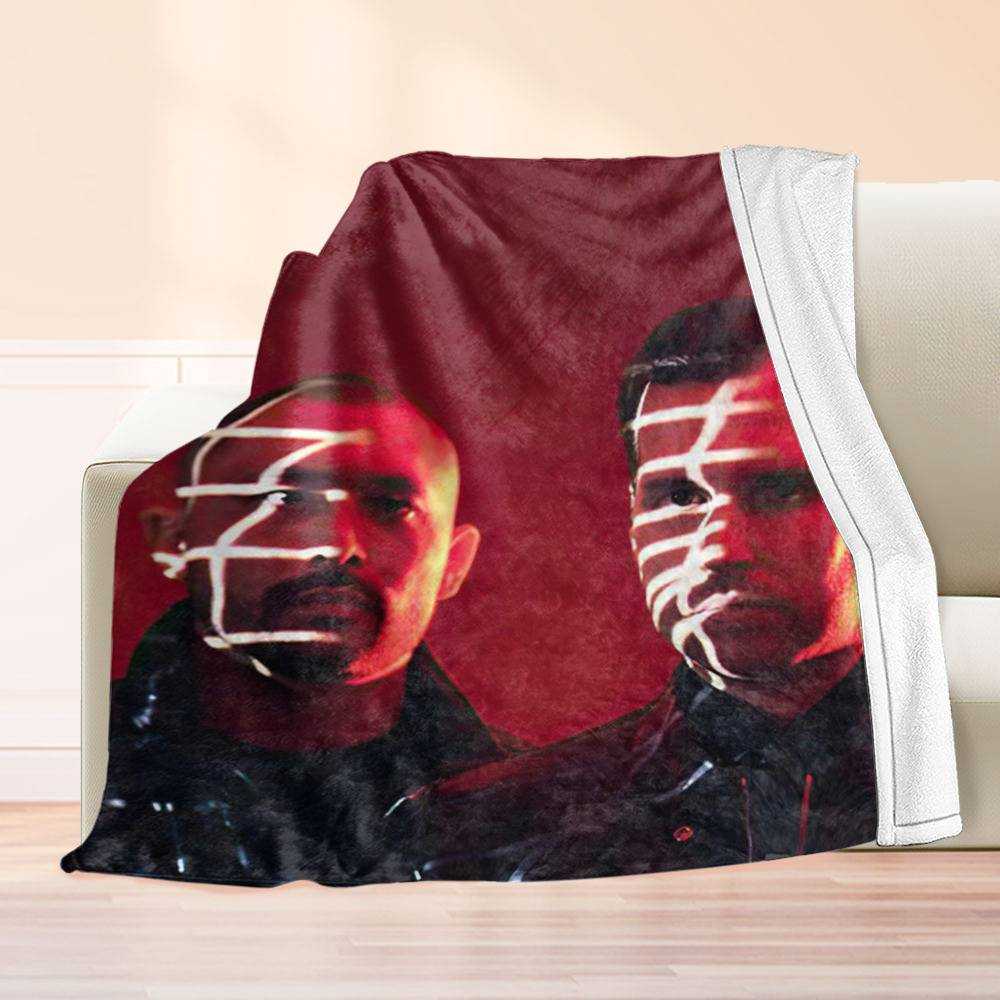Unraveling the Scandal: The Truth Behind Slander Merch
Welcome to the world of online retail sensations where the line blurs between what's real and what's fabricated. Enter “Slander Merch,” a term that's been causing quite the stir among internet enthusiasts and fashion aficionados alike. This controversial concept has sparked heated debates and intrigued many, drawing attention not only for its edgy designs but also for the shadows of scandal shrouding its origins.
Stepping into the realm of Slander Merch reveals a complex web of intrigue revolving around the intersection of pop culture, consumerism, and controversy. With its enigmatic allure, Slander Merch has captured the imagination of a generation hungry for authenticity in a world dominated by curated personas and brand narratives. But behind the glossy facade lies a labyrinth of whispers, accusations, and secrets waiting to be unveiled. Join us as we delve into the underbelly of Slander Merch, peeling back the layers to reveal the truth behind the scandal that has captivated a global audience.
Origins of Slander Merch
Slander merch first gained traction in the early 2010s, originating within online communities where individuals could directly communicate with their favorite content creators. Fans began creating custom merchandise featuring inside jokes and humorous quotes, often related to controversies or rumors surrounding these creators. Slander T-shirts marked the beginnings of what would later become known as “slander merch.”
As social media platforms continued to evolve, the popularity of slander merch grew exponentially. Content creators capitalized on the trend by collaborating with designers to produce limited-edition merchandise that reflected their unique personalities and engaged directly with their fan base. These early endeavors laid the foundation for the widespread adoption of slander merch as a form of self-expression and community bonding within online fandoms.
The concept of slander merch evolved beyond its humble beginnings to encompass a broader range of expressions, from playful banter to more serious social commentary. As influencers and internet personalities embraced the idea of monetizing their public image through merchandise, the landscape of slander merch expanded to include a diverse array of styles and designs that catered to different audiences. This shift highlighted the increasingly blurred lines between personal branding, fan culture, and commercial ventures in the digital age.
Impact on Personal Brands
Many individuals who are associated with slander merch may suffer significant damage to their reputations and personal brands. The negative connotations surrounding such merchandise can tarnish the image of the individuals linked to it, impacting their credibility and trustworthiness in the eyes of the public.
Moreover, being associated with slander merch can lead to a loss of potential opportunities and collaborations for these individuals. Businesses and brands may be wary of partnering with someone involved in controversial merchandise due to the risk of backlash and harm to their own reputation.
In addition to professional implications, the personal lives of those connected to slander merch may also be affected. Public scrutiny, backlash, and criticism can take a toll on their mental health and overall well-being, as they navigate the fallout from being associated with such a scandalous product.
Legal Ramifications
The legal implications of selling slander merch can be significant. Individuals who create and distribute merchandise that spreads false information about someone else can face defamation lawsuits. These lawsuits can result in costly legal fees, damages awarded to the defamed party, and harm to the defendant's reputation.

Moreover, using someone's likeness without their permission on slander merch can lead to right of publicity claims. This means that the individual whose likeness is used without consent can bring legal action against the merch seller for profiting from their image without authorization, potentially resulting in further legal consequences.
It's crucial for those involved in creating and selling slander merch to be aware of the legal risks they are taking. Consulting with a lawyer before engaging in such activities can help individuals understand their legal obligations and potential liabilities, ultimately avoiding costly lawsuits and reputational damage.